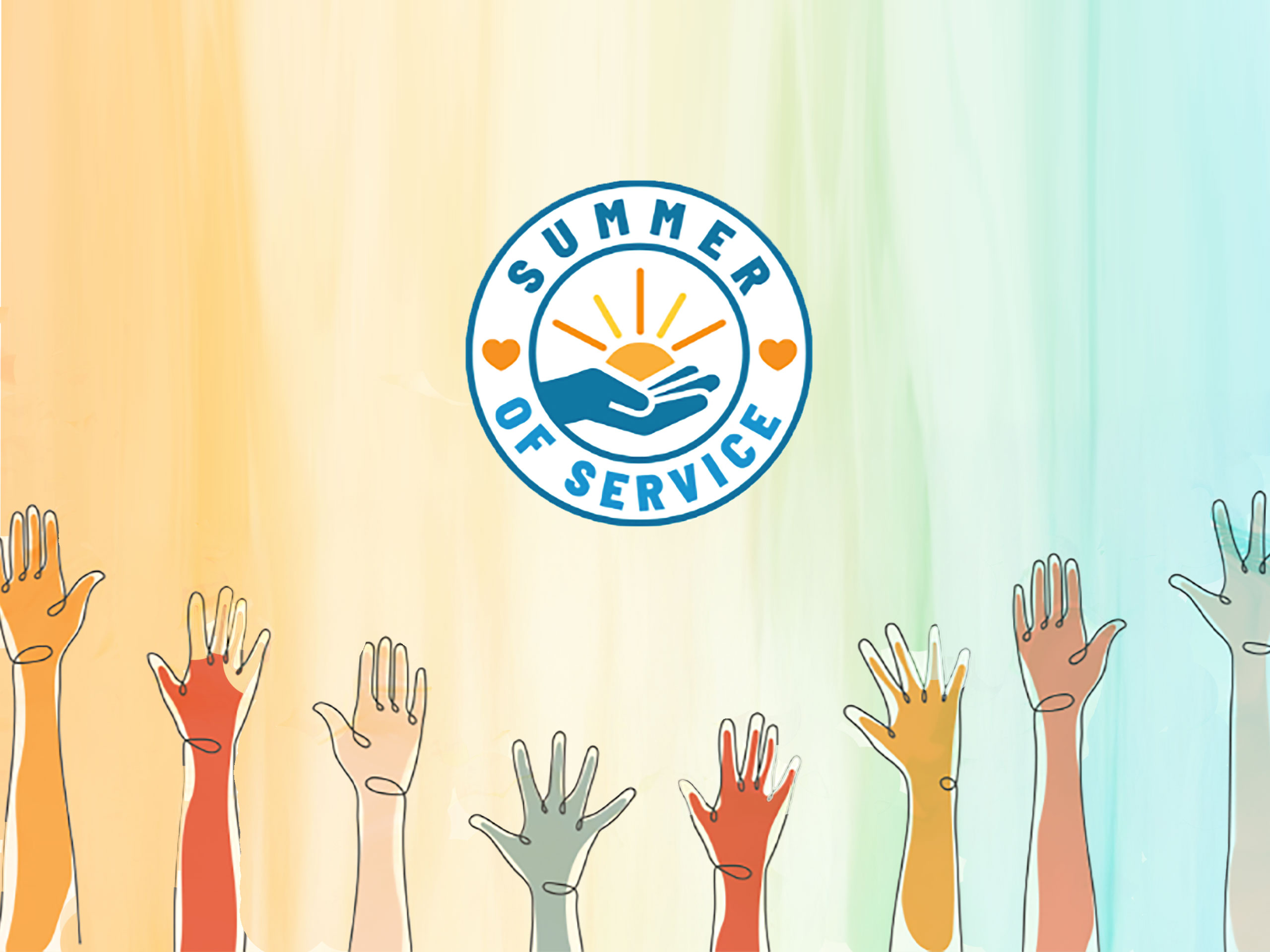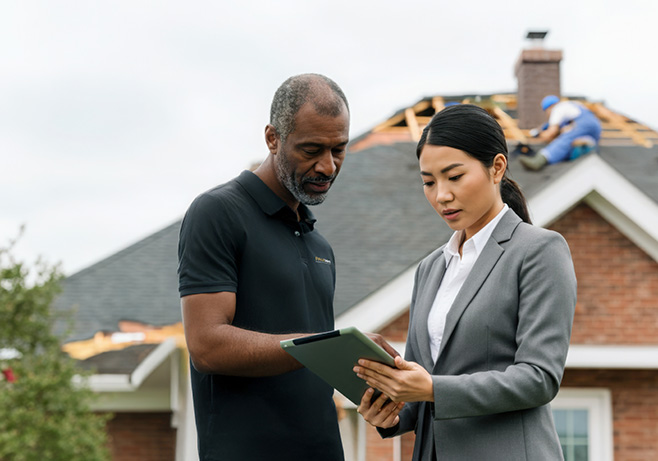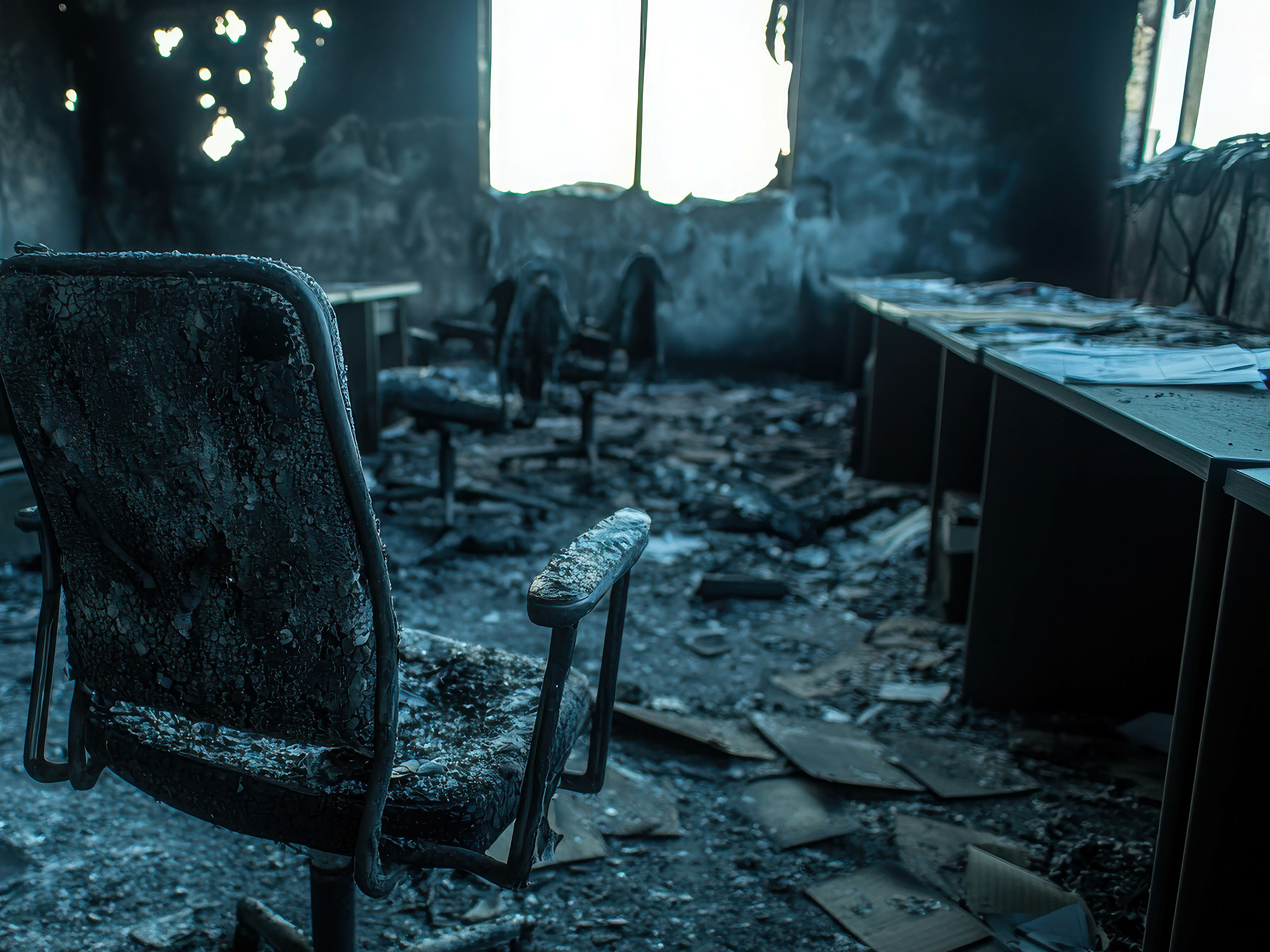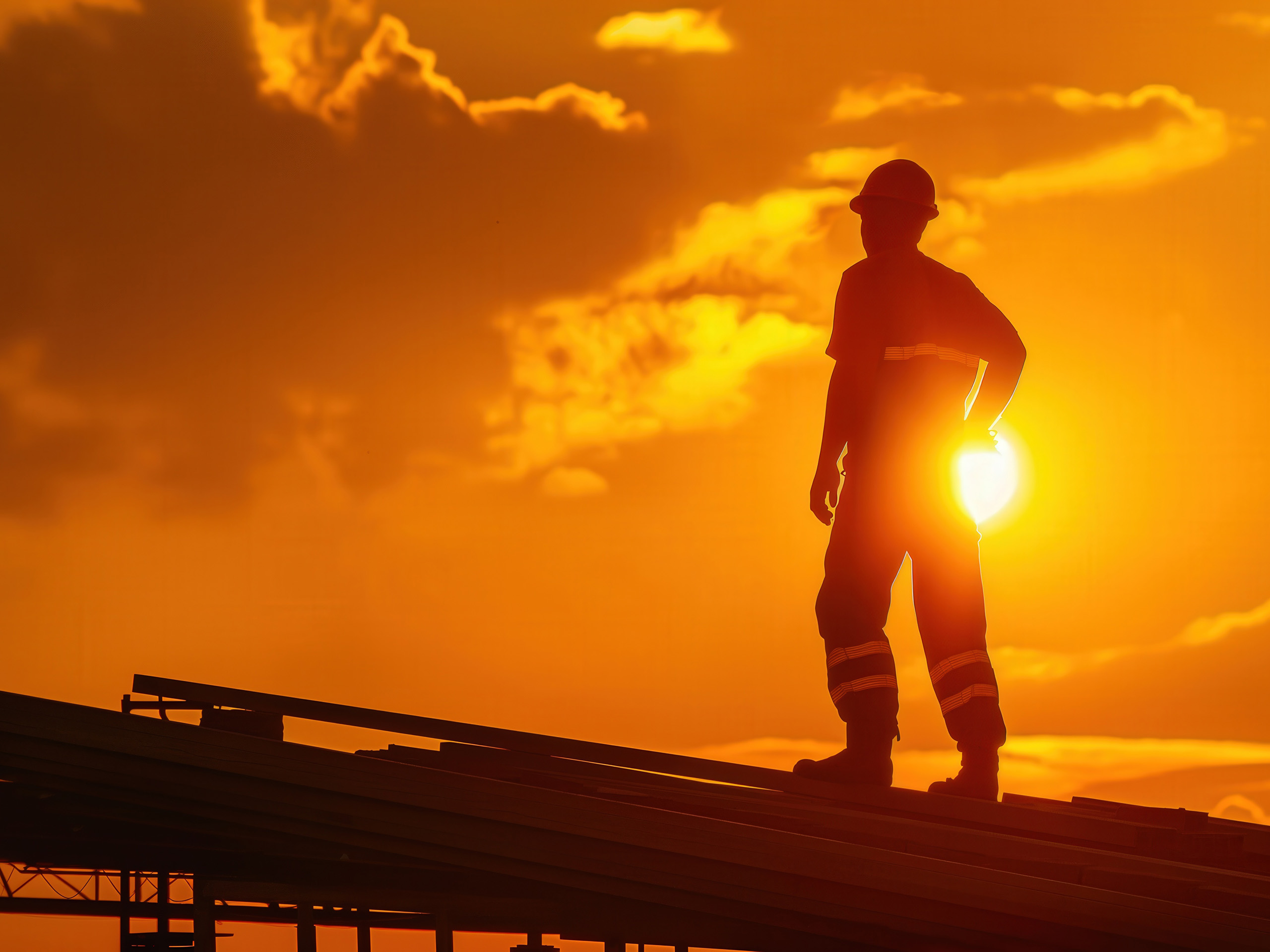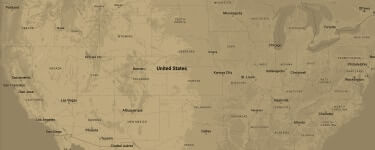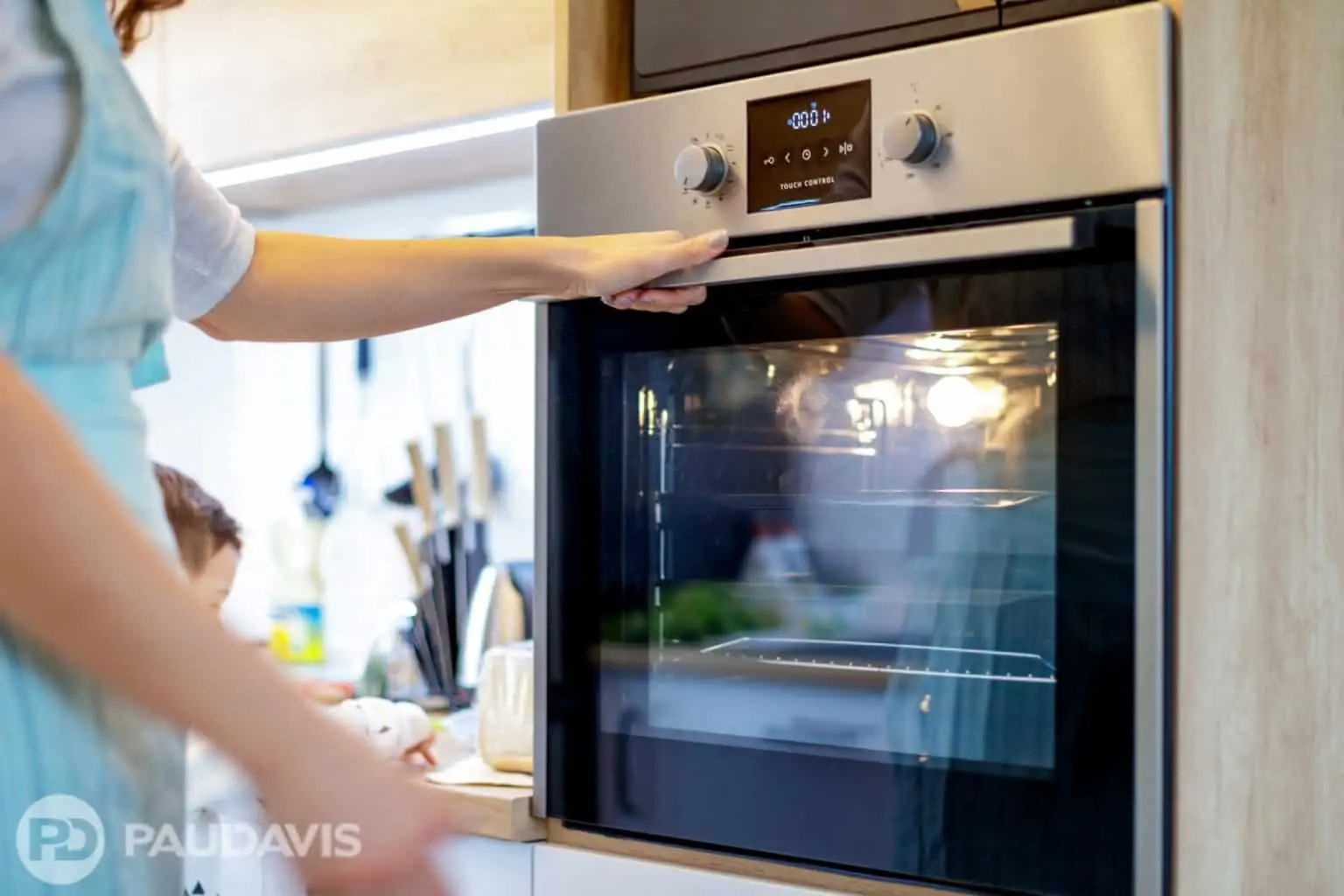
Moldable, relatively inexpensive, disposable, aluminum foil is a jack of all trades for food prep, right? Not so much, says Leslie Anderson, Vice President of Training for Paul Davis Restoration, Inc.
“We’ve seen many kitchen fires started by foil,” Anderson says. “It’s really not a tool for cooking or lining cooking equipment. It’s a material for wrapping leftovers. Foil just isn’t strong enough to – or meant to – hold up in hot, greasy environments near open flames.”
Anderson passed along a list of precautions that help homeowners avoid kitchen accidents, organized for easy recall with the acronym SAFE KITCHEN.
Self-clean ovens only occasionally. This function is a convenience, but the self-cleaning cycle reaches extreme temperatures that can cause grease fires with very dirty ovens. Further, many oven components aren’t built to withstand frequent self-cleaning cycles.
Attach your anti-tip bracket to your stove. Otherwise it’s too easy to, for example, set a roasting turkey on the door and tip the hot oven and its scalding contents forward.
Foil isn’t a suitable oven or burner protector, either. Not only can foil cause the dangers that Anderson outlined above, it can trap carbon monoxide and cause range malfunctions.
Extinguisher at the ready. Every kitchen needs a fire extinguisher in easy reach, regularly maintained and replaced as needed.
Keep baking soda handy. This ubiquitous kitchen ingredient is a very effective flame douser, particularly on grease fires. It also stops sticky oven spills from smoking.
Invest in smoke and carbon monoxide detectors. Fire and incomplete combustion substances like carbon monoxide are always risks in a kitchen. Detectors are inexpensive lifesavers.
Take time to work safely. It’s easy to rush during food preparation and inadvertently cause hazards. Knives slip, towels sit near burners, heating toaster ovens are forgotten. Slow down to boost safety.
Clean up as you go. Accidents are more likely when counters are packed, floors have spills and sinks are piled high with dirty dishes.
Help when needed. If a fire breaks out or you cut yourself in the kitchen, summon help quickly if the situation can’t be managed within a minute or two. The fire or emergency department will bring skills and equipment to remedy tough kitchen situations.
Extend your reach to the back burners first. On the range, fill back burners first with simmering pots and frying pans before utilizing front burners. Back burners put more distance between skin and flammable items, boosting safety.
Never throw water on a grease fire. See baking soda and fire extinguisher references above! Water won’t extinguish grease fires – instead, it spreads them and compounds the hazard.
Need help recovering from a kitchen fire? Call your local Paul Davis office or 888-244-9840 for help.

